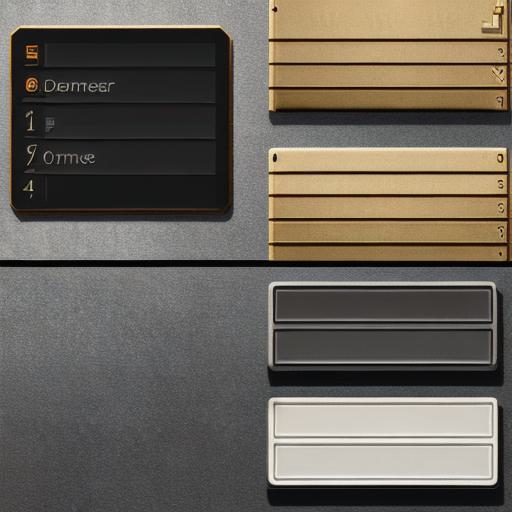Game development is a fascinating field that combines creativity, technology, and design. Whether you’re a beginner or an experienced programmer, game development can be an exciting challenge. In this article, we will take a closer look at the basics of game development and explore how to get started with game development 101.
The Basics of Game Development
Before diving into the world of game development, it’s essential to understand some of the fundamentals. Here are some key concepts that you should be familiar with:
- Types of Games: There are many types of games, including action, adventure, puzzle, sports, simulation, and strategy games, to name a few. Each type of game requires different skills and techniques.
- Game Engines: A game engine is a software platform that provides the tools and resources needed to create a game. Some popular game engines include Unity, Unreal Engine, and Godot.
- Programming Languages: There are many programming languages used in game development, such as C++, C, Java, and Python. The choice of language depends on the game engine and the type of game you’re developing.
- Game Design: Game design involves creating the overall concept, rules, and mechanics of a game. It requires skills in art, writing, and programming.
- Testing and Debugging: Game development involves extensive testing and debugging to ensure that the game runs smoothly and is free of bugs.

Getting Started with Game Development 101
Now that you have a basic understanding of game development, let’s take a look at some steps you can take to get started:
- Choose a Game Engine: The first step in game development is to choose a game engine. Unity and Unreal Engine are two popular choices for beginners as they offer easy-to-use tools and extensive documentation. Godot is another option that’s great for 2D games.
- Learn a Programming Language: Once you have chosen a game engine, you need to learn the programming language used in that engine. C++ and C are popular choices for Unity and Unreal Engine, while Python is commonly used with Godot. There are many online resources available to help you learn these languages.
- Start Small: Don’t dive into creating a complex game right away. Start small by creating simple games or modifying existing games. This will help you get familiar with the tools and techniques used in game development.
- Join Online Communities: Join online communities, such as Reddit and Discord, where you can connect with other game developers and learn from their experiences. These communities can also provide valuable resources and support.
- Experiment and Learn from Your Mistakes: Game development is a process of experimentation and learning from your mistakes. Don’t be afraid to try new things and make mistakes along the way. You will learn more by making mistakes than by succeeding on the first try.
Real-Life Examples of Game Development 101
Let’s look at some real-life examples of game development 101 to see how these concepts are put into practice:
- Puzzle Game Development: A puzzle game is a great example of game development 101. It requires minimal programming skills and can be created using tools like Unity or Godot. The goal is to create a challenging yet fun game that keeps players engaged.
- Text-Based Adventure Games: Text-based adventure games are another excellent example of game development 101. They require minimal coding skills and can be created using tools like Twine or Inkscape. These games rely on storytelling and player choice, making them a great way to learn about game design.
- Modding Existing Games: Modding existing games is another excellent way to get started with game development 101. You can modify existing games, such as Minecraft or Portal, by creating new levels, characters, or items. This requires minimal programming skills and can be a great way to learn about game design and programming.
FAQs
Q: What skills do I need to get started with game development 101?
A: You don’t need any specific skills to get started with game development 101. However, you will need basic computer skills, such as using a text editor and an internet browser. You should also have an interest in programming, art, and design.
